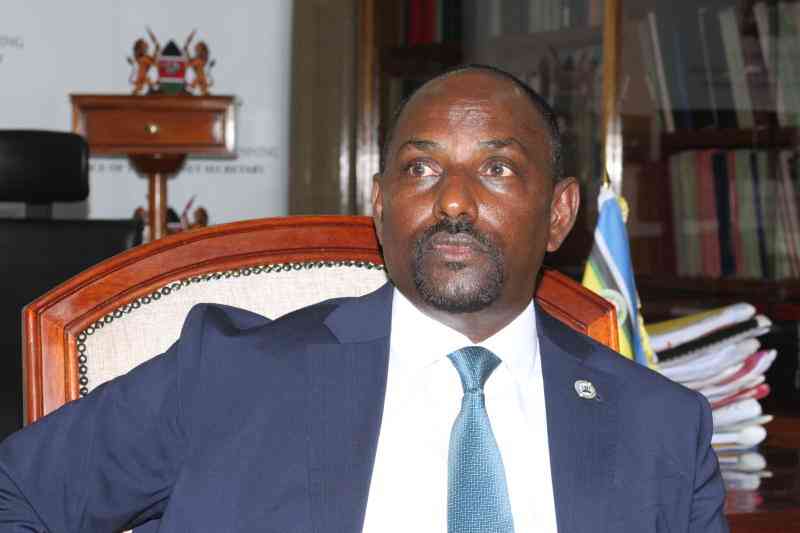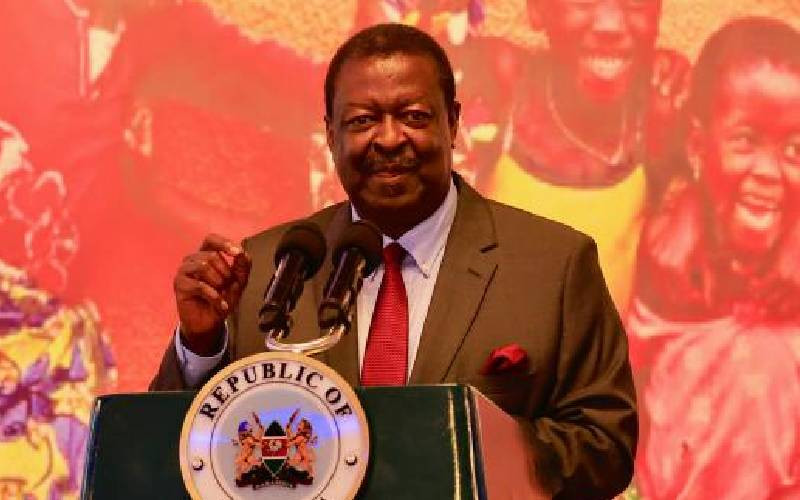While en route from an international trip with a colleague Pastor, he purchased some goods at a duty free shop, which were duly packed for him in beautiful plastic bags. Upon arrival at the Jomo Kenyatta International Airport, a customs official pulled him aside and duly informed him that he could not enter the country with his plastic bags. The Pastor had to empty his goods into the trolley as his beautiful bags were thrown into the trash bin. Needless to say, we were both greatly impressed, and indeed Pastor thanked and congratulated the officer for his diligence in enforcing the law.
In an almost similar incident, I purchased some goods in a shop at a Kenyan border town. The shopkeeper proceeded to pack them into plastic bags. When I drew his attention to the fact that plastic bags had been banned, he confidently replied, “These are not Kenyan. We get our plastics from across the border.” And indeed, all over that town, there was no evidence that there was a plastic ban. The implication is that at that border entry, there were customs officers either ignorant of the law, or had chosen to turn a blind eye as plastic bags were readily imported.
These two scenarios illustrate the challenges we face in our attempt to become a civilised nation where the rule of law reigns. We seem to have this penchant for making very elaborate laws on various issues, perhaps with a sincere desire to bring order into our national life. Furthermore, our leaders make bold declarations on what must be done and the path we must take. Unfortunately, we seem to lack the will or drive to live under the very laws we have crafted, or the declarations we have made. Thus, with equal alacrity we either ignore or trample them underfoot; in favor of self-interest, convenience, or political expediency.
It was therefore least surprising that Governor Sonko had to beat a retreat in his attempt to rid the CBD of matatus. Likewise, two recently instituted national laws – that were ostensibly meant to benefit the ordinary person – are on their way out even before they gain traction. The cap on bank interest rates and the controls on fuel prices have been targeted for removal. It does appear that, like in the Matatu industry – which has consistently arm-twisted the government into having their own way – the key players in these sectors have equally managed to push the government into a retreat. The argument being proffered is that these sectors have come of age and can self-regulate. As the young people would put it – LOL! In a nation where the former Chief Justice Willy Mutunga, once compared the taming of cartels to riding a tiger, repealing such laws is simply throwing Wanjiku under the bus.
Transformation of culture
What is certain is that, as a people, we will have to come to that point where we become tired of chaos and corruption. Making laws for the sake of it has never taken any people anywhere. Pharisees were experts at creating laws for almost everything, yet their culture was one of the most oppressive ever. To the contrary, history shows that the transformation of culture requires the collective will of the people, but more importantly, a resolute leadership. Men and women who have transformed their nations have never been weak-kneed or yoyos. Rwanda has not got to where it is by lackluster laws. Maghufuli is not moving Tanzania past us through doublespeak. Ethiopia is surging ahead because of singleness of purpose. Even here in Kenya, it took the firm resolve of Michuki to tame Matatus, clean the Nairobi River, and end the Mungiki menace. It took Dr Matiangi’s strong backbone to implement the digital migration in television broadcasting, and a firm hand to redeem the education sector.
It is my considered view that what we lack as a nation is not laws. Parliament can be congratulated for churning out a myriad of laws – albeit controversially at times. The challenge we face is the execution and enforcement of the same. When we allow individuals or institutions to flout the law, we entrench impunity and foster anarchy. For example, police brutality cannot always be defended and yet hope they will reform. Matatus and business cartels cannot be allowed to hold us at ransom in the false expectation that they will self-regulate. We cannot consistently elect corrupt leaders, some of who have been fingered by EACC, and yet pray that they will be godly. Kenya is sick, and in need of surgery. Where are the surgeons?
- The writer is the Presiding Bishop of Christ is the Answer Ministries (CITAM).
[email protected]
 The Standard Group Plc is a
multi-media organization with investments in media platforms spanning newspaper
print operations, television, radio broadcasting, digital and online services. The
Standard Group is recognized as a leading multi-media house in Kenya with a key
influence in matters of national and international interest.
The Standard Group Plc is a
multi-media organization with investments in media platforms spanning newspaper
print operations, television, radio broadcasting, digital and online services. The
Standard Group is recognized as a leading multi-media house in Kenya with a key
influence in matters of national and international interest.
 The Standard Group Plc is a
multi-media organization with investments in media platforms spanning newspaper
print operations, television, radio broadcasting, digital and online services. The
Standard Group is recognized as a leading multi-media house in Kenya with a key
influence in matters of national and international interest.
The Standard Group Plc is a
multi-media organization with investments in media platforms spanning newspaper
print operations, television, radio broadcasting, digital and online services. The
Standard Group is recognized as a leading multi-media house in Kenya with a key
influence in matters of national and international interest.








